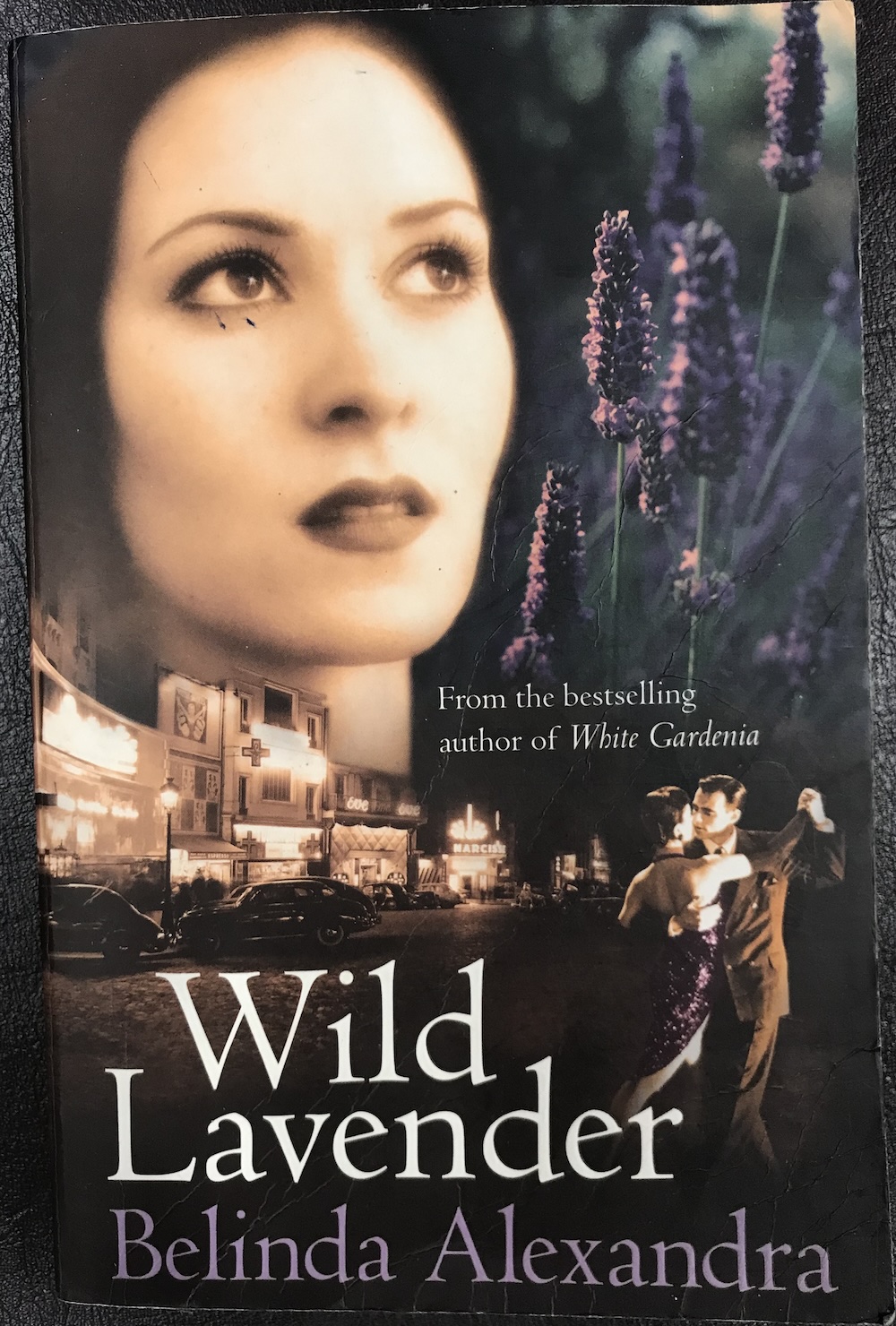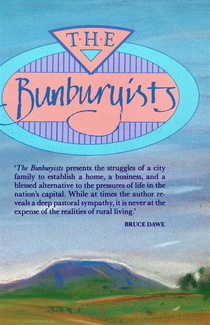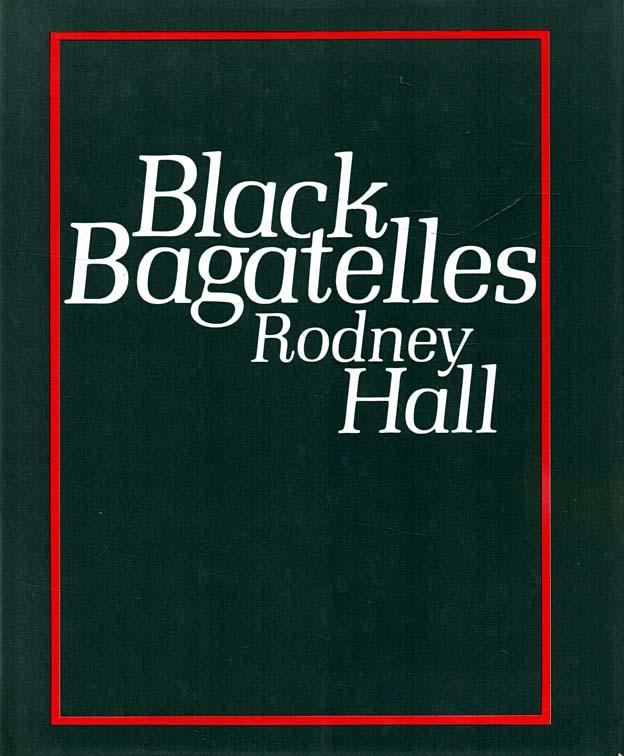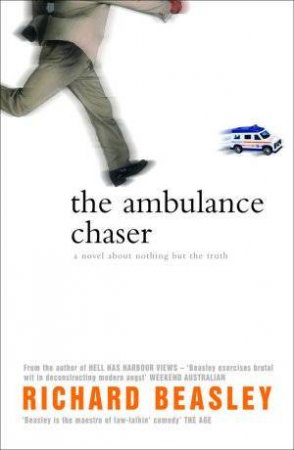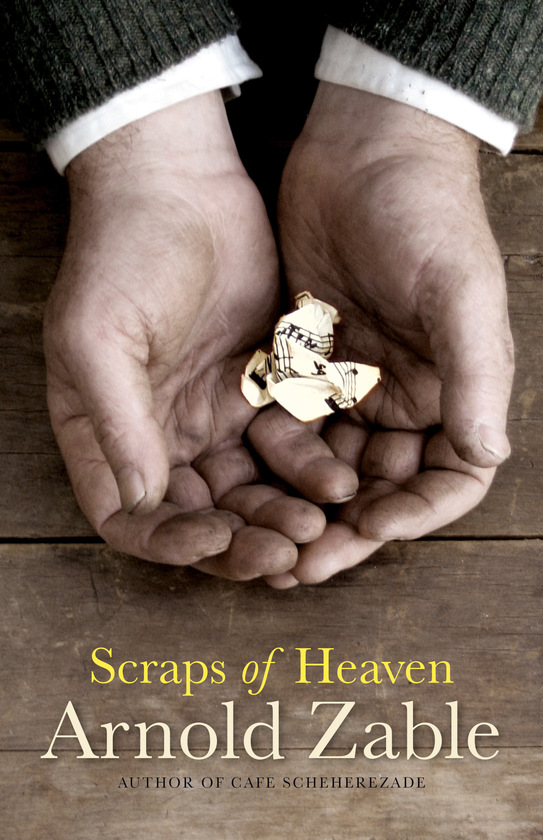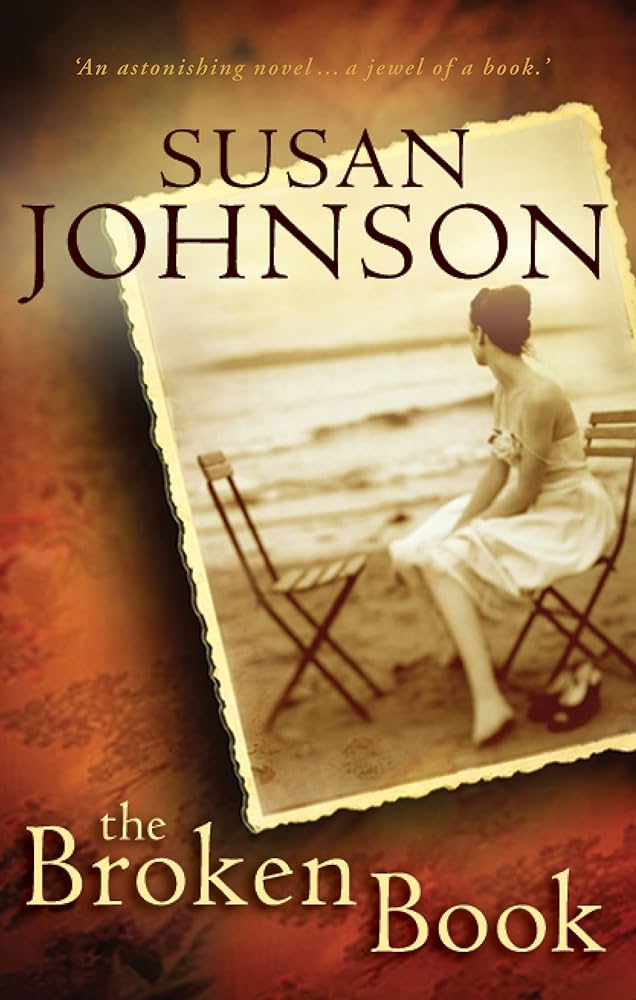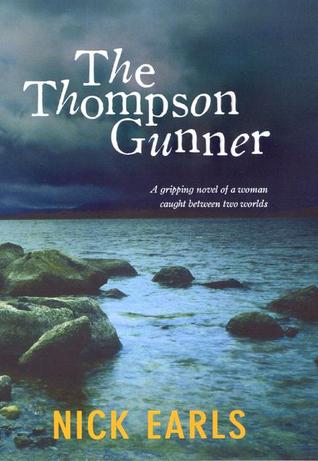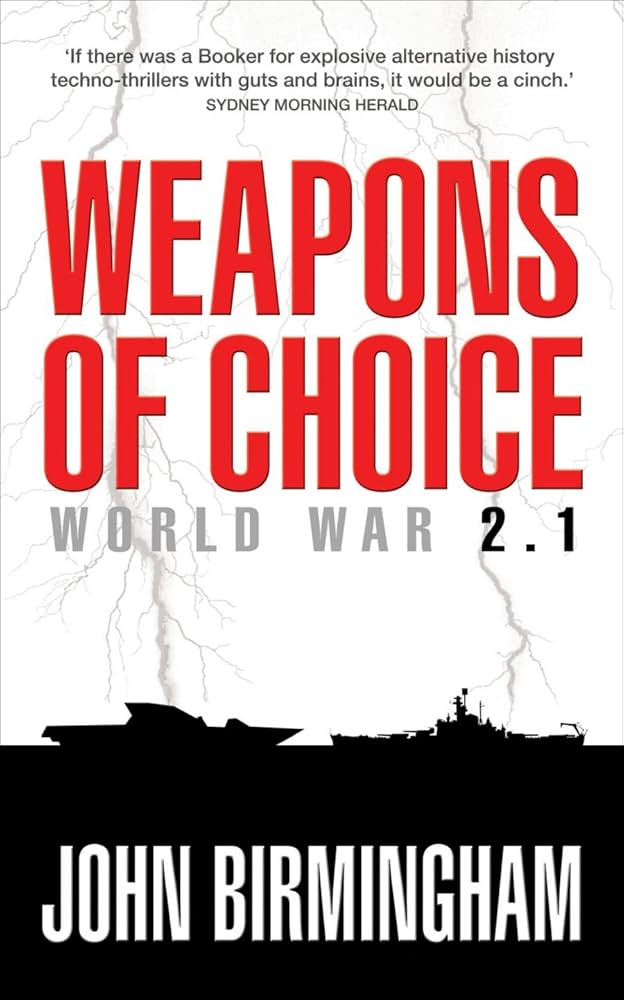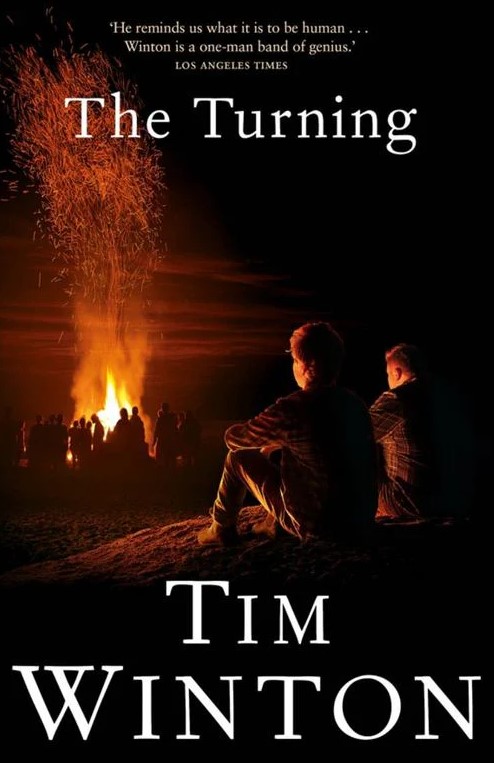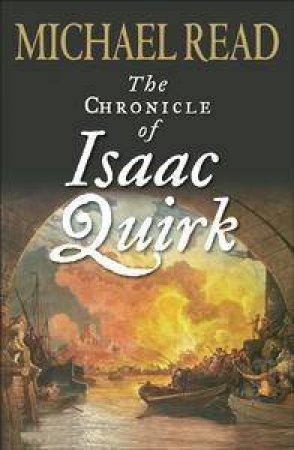Fiction
Belinda Alexandra’s first novel, The White Gardenia (2002), was a ‘word of mouth best seller’. It may not have been picked up by certain critics, but it was nevertheless favoured by the book-buying public. Its subject was exotic – the fortunes of the daughter of a White Russian refugee family in Harbin and Shanghai – but the Mills & Boon cover was a bit of a worry. Now Wild Lavender appears, the second instalment of Alexandra’s two-book contract.
... (read more)The Bunburyists is a reminiscence of the author’s five years’ escape from the ‘dependent worlds of politics and journalism’.
I had fled with my family to the bush … where we sought to escape the present by returning to the past and setting ourselves up in business as dealers in antiques. Or at any rate, a superior kind of junk.
Today, as the novel opens, he finds himself again perched in the Parliamentary Press Gallery – ‘I have come back to work, to all I had sought to escape. The admission of defeat is self-evident. One more among many failings.’
... (read more)Rodney Hall has always been a professional poet in the sense that he professes and declares – indeed, almost seems to make himself – in his poetry. The poetry seems to become a means of coping with experience; more, it becomes perhaps the central part of the experience. So it is in Black Bagatelles. But here, art and its expectations become less something for living than for dying by. Not that this book marks any great break with what has gone before, any rupture of identity. On the contrary, implicitly or explicitly, death has always been a major presence in his poetry. Its preoccupation with art and artifice represents, amongst other things, an attempt to give himself alms against oblivion. But in these poems the note of doomsday, sounded in the title of his first collection of verse, Penniless Till Doomsday; rings out, not portentously, but wittily, with immediacy and perception. Hall has always been concerned with masks, poses, the dance of experience. Now, the ‘masks compose themselves tableau-still’ and the source is revealed of the ‘desperate rustlings going on behind’. This source then is death, but not death majestical and metaphysical as Donne and the seventeenth century ‘knew him, not moralising and the servant of the mighty God as in the middle ages, but jester and joker, the one who calls the tune to life’s comedy, to
… the hold of
heart
on heart the band
of gristle the bloodtie
just
waiting to be
bled to death by a clever cut
... (read more)The Ambulance Chaser by Richard Beasley & The Naked Husband by Mark D'Arbanville
Despite predictions that globalisation would homogenise cultures, ethnicity continues to split states asunder. Democratic theorists fear that consensus, equality and social capital are retreating before competition, materialism and resentment. The 2004 federal election campaign became a festival of individualism as alternative governments courted voters not with visions of a richer community but with promises of greater disposable household income after health and education costs.
... (read more)In another era, Arnold Zable might have been a librettist instead of a novelist, like Oscar Hammerstein or Arthur Laurents. His latest novel, Scraps of Heaven, opens with an overture, that borrows a great deal from the books of old Broadway musicals: an early morning scene in the back lanes of 1950s Carlton, filled with the incidental music of milk carts, the syncopated slap of wet laundry and then a woman singing, ‘Enjoy yourself, it’s later than you think’.
... (read more)Charmian Clift, this novel’s muse and model, was born the same year as Elizabeth Jolley. If she had lived to see the 1980s, that decade would almost certainly have given her a new lease of life as a writer. It was an idyllic time for Australian women writers; second-wave feminism brought in its wake a different kind of readership, a generation of adventurous publishers, and many opportunities for women writers to use new kinds of voices to say new kinds of things.
... (read more)After nine books, Nick Earls is renowned for his slacker-male novels and his short stories of twenty-somethings in various stage of arrested development. Like his English equivalent Nick Homby, Earls specialises in a particular emotional state of the male psyche: a post-adolescent, pre-adult period usually spent chasing unobtainable women, getting drunk on green alcoholic beverages and behaving badly in amusing ways. Written with self-deprecating wit and dollops of humour, Earls’s previous books are the equivalent of a fizzy soft drink, easily ingested and with a sugary residue.
... (read more)One of the most outlandish Hollywood action films, relatively speaking, is The Final Countdown (1980), in which the nuclear-powered US aircraft carrier U.S.S. Nimitz is enveloped in a bizarre electrical storm in the Pacific and transported back in time to 1941, conveniently just before the Japanese attack on Pearl Harbour. The ship’s commander is played by Kirk Douglas, with Martin Sheen in the role of an enigmatic civilian who just happens to be on board. One memorable exchange between the two Hollywood heavyweights occurs just after the crew has realised that something strange has happened. Douglas muses that it could all be a Russian plot, perhaps involving parapsychology. ‘Excuse me, Captain,’ interjects Sheen with an impeccably straight face, ‘we also have to consider one alternative possibility: the possibility that what is happening here is real.’
... (read more)Any novelist prepared to name one of his characters ‘Fish Lamb’ and to have that character come back from the dead is obviously interested in Christianity on some level. It is also true that several of the big themes that run through Tim Winton ‘s fiction – guilt atonement, forgiveness – have a religious flavour. Nevertheless, Winton’s symbolism tends to have an open-ended quality. When his characters experience moments of spiritual awareness, moments that Winton has said are meant to be taken literally, these experiences are often depicted as a nonspecific form of mysticism or pantheism.
... (read more)For those of us drawn to tell the stories of the past, seventeenth-century England has a great deal to recommend it. It is distant enough to offer the frissons of historical exotica, yet so close that the minds of the time are recognisable to us. In addition, it is hard to think of a period in one country so packed with incident. Where else, in a single lifespan, can a novelist convincingly have his character experience wars – both foreign and domestic – fire, pestilence, regicide and Restoration?
... (read more)

